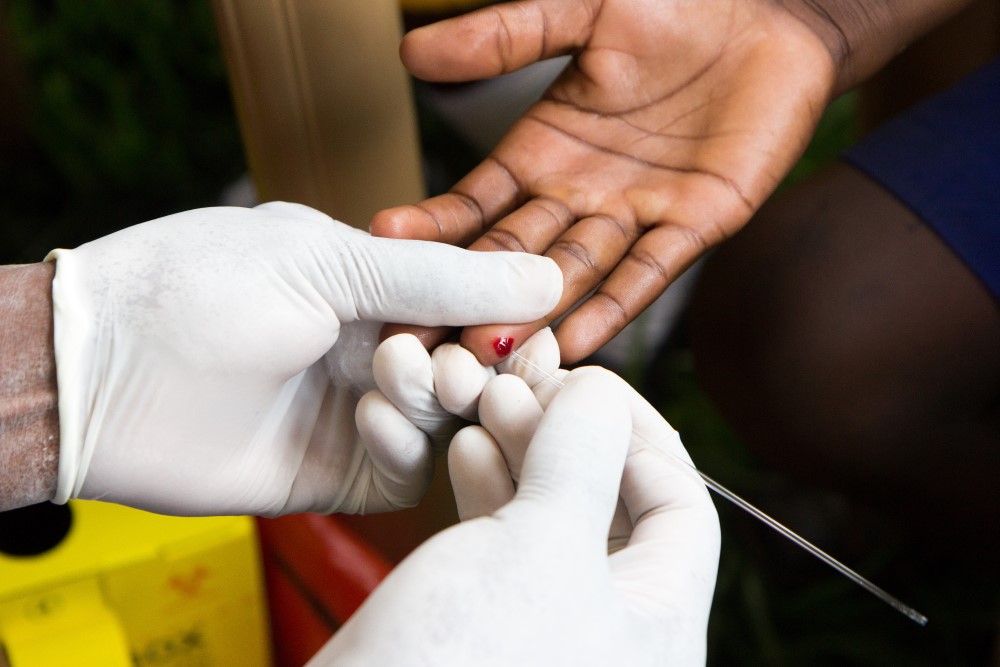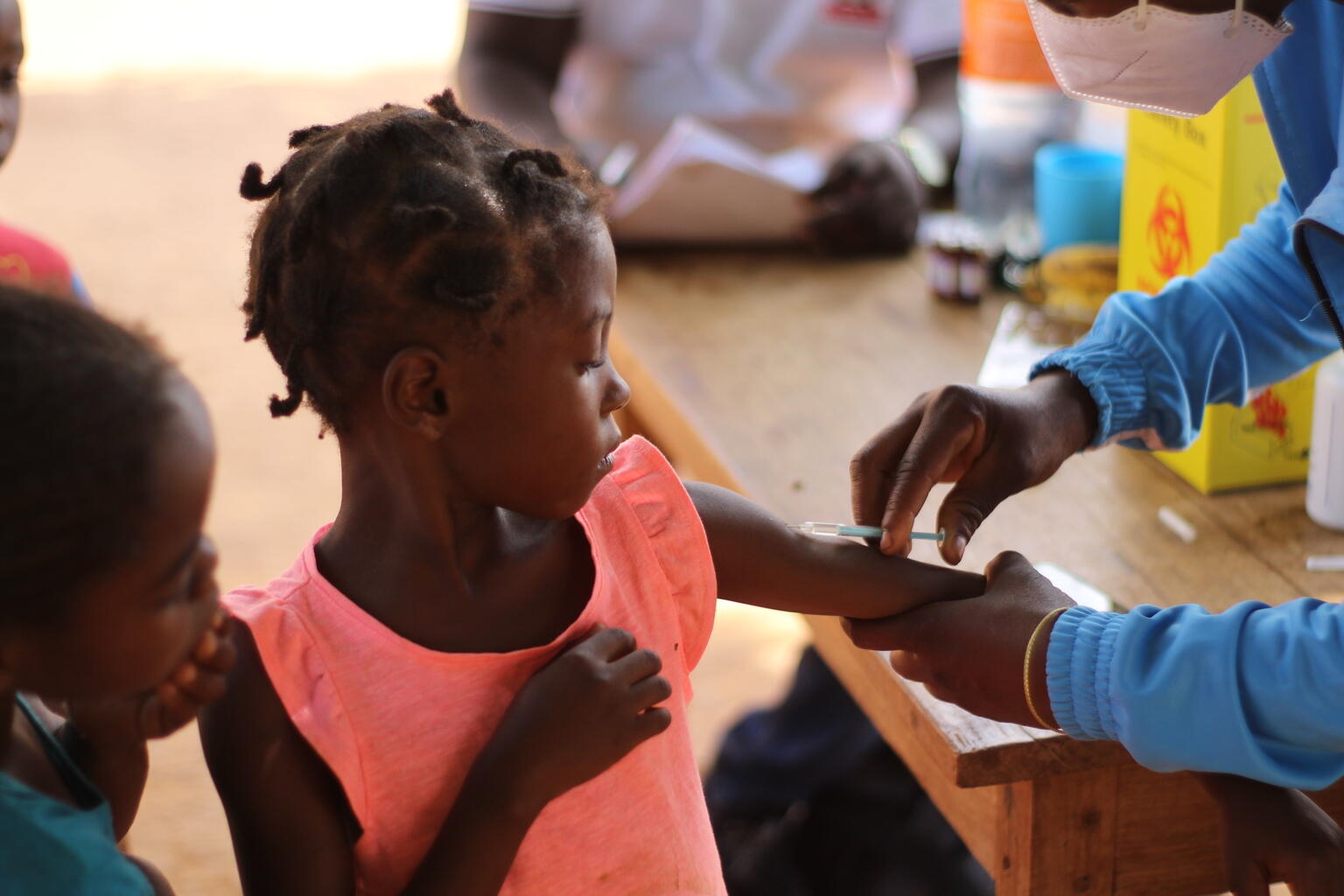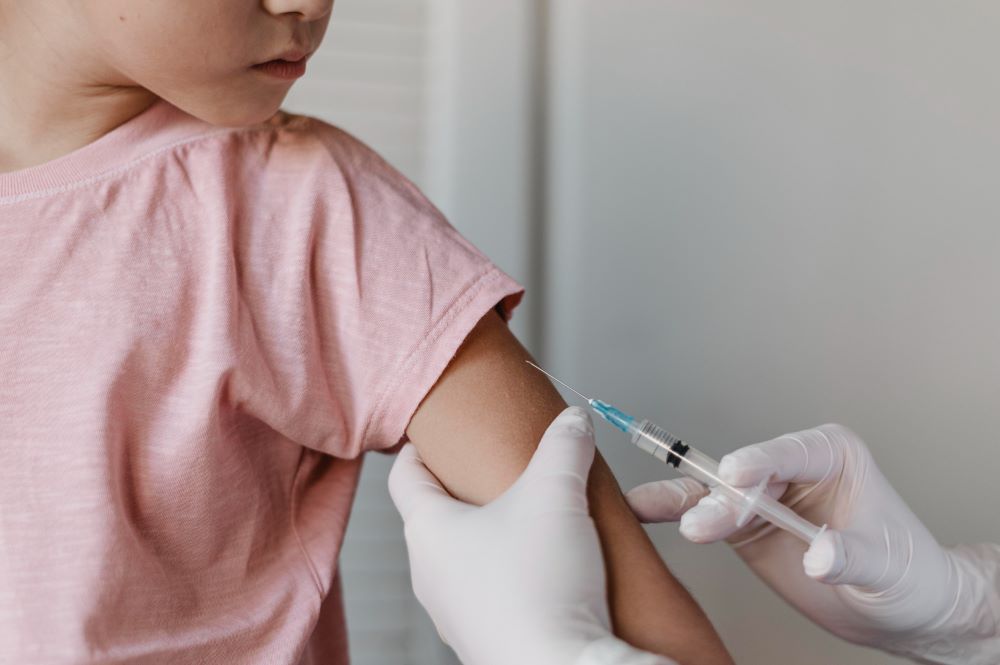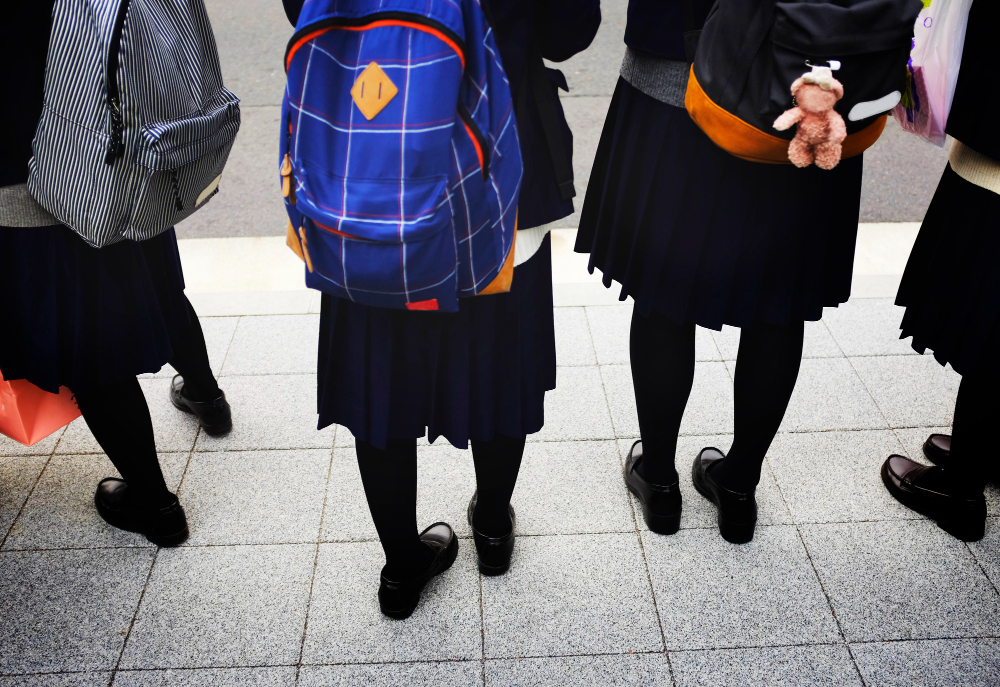Study analyses relationship between toddlers' use of screens and language skills
Toddlers' screen time has a negative correlation with their language skills, according to a study published in PLoS ONE. However, the use of educational content and screen time in the company of adults show a positive association with language skills. The study included nearly 1,900 children between one and four years old from 19 Latin American countries.









